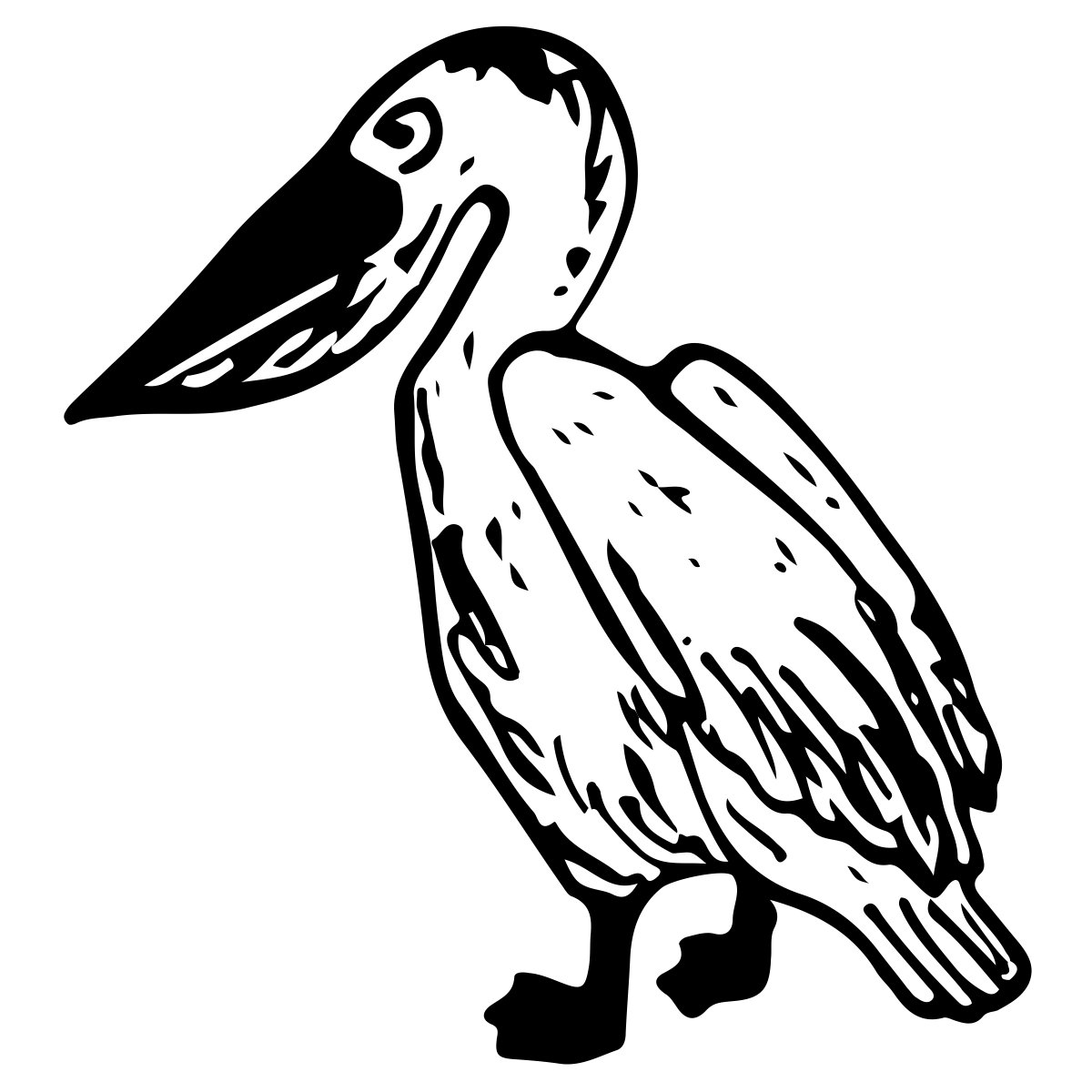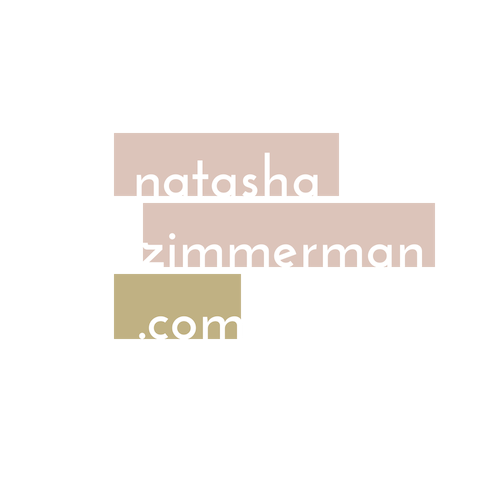5 Important Things: October 2018
A thing I read: The Undoing Project by Michael Lewis
This book has been on my list for months, and I stumbled upon it rather accidentally on a recent stroll through the library shelves. It is the history of behavioral economics writ large, and if you’ve ever had even a trickle of curiosity about why we do the things we do, here are your answers, along with some questions you likely never thought to consider. It tells the story of Daniel Kahneman and Amos Tversky, the Israeli psychologists who turned the entire field of economics on its head by asking: Why are we assuming that human beings make rational decisions? This idea first started seeping into my consciousness after reading books like Predictably Irrational, Thinking Fast and Slow, and The Black Swan. They all pull at a common thread: humans are far less logical and accurate than we believe ourselves to be. As the pioneers of this line of thought, Kahneman and Tversky unveil the ways we sometimes trust ourselves too much. The Undoing Project spins the tale of their individual genius, their collective intellectual power, their mad and beautiful friendship, its eventual unwinding, and the staggering new knowledge produced by all of it. In short, read this book, but make sure you have a fork and a slice of humble pie nearby.
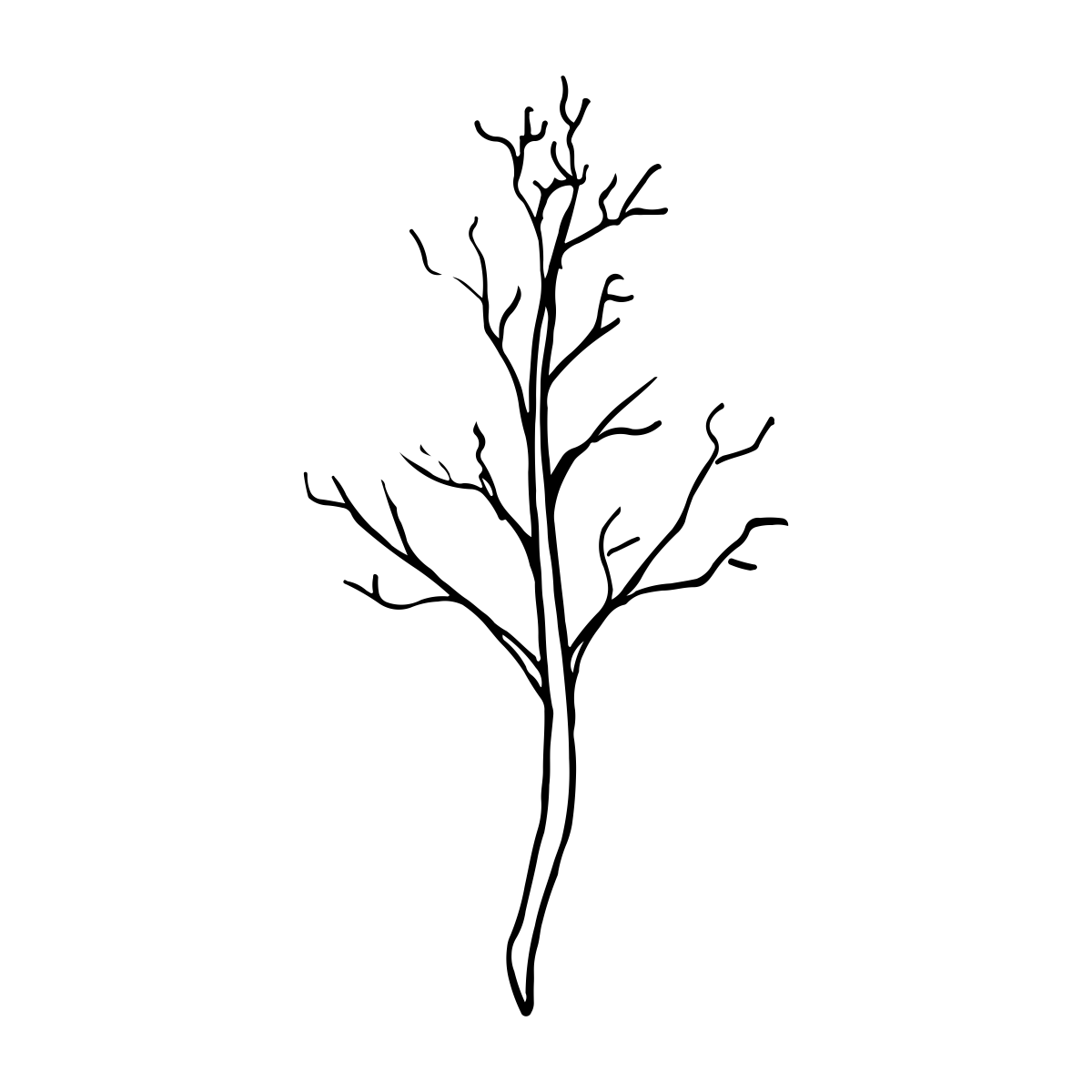
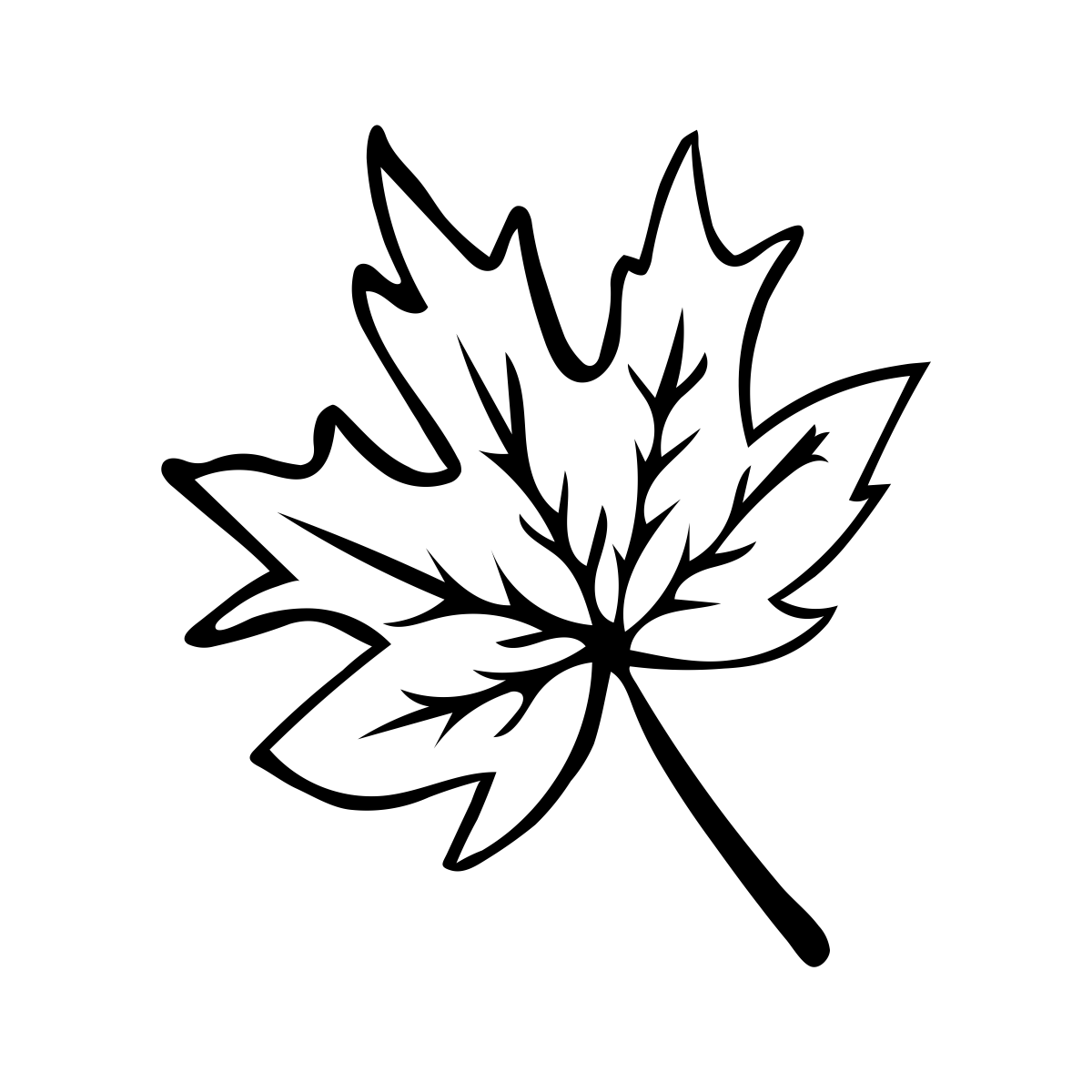
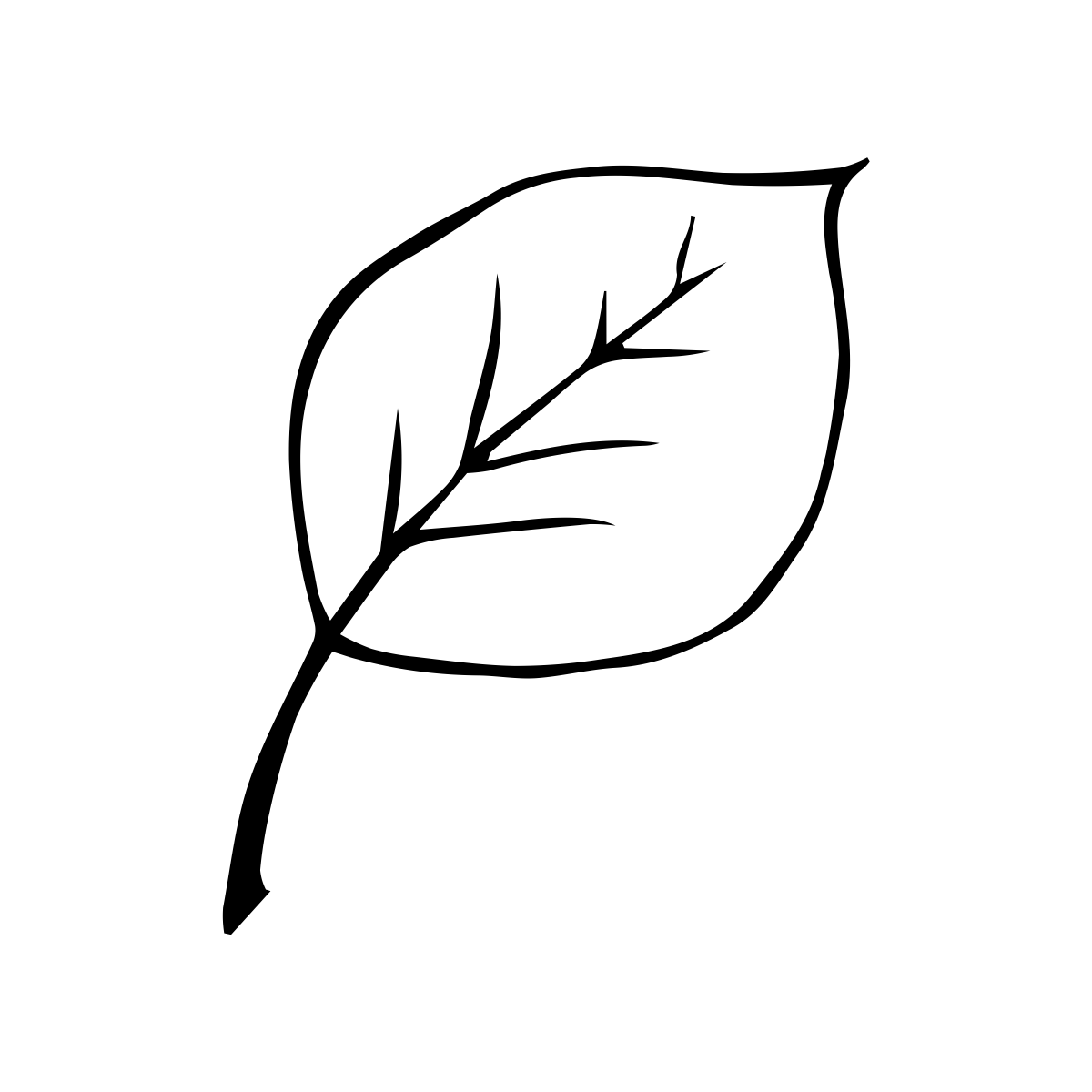

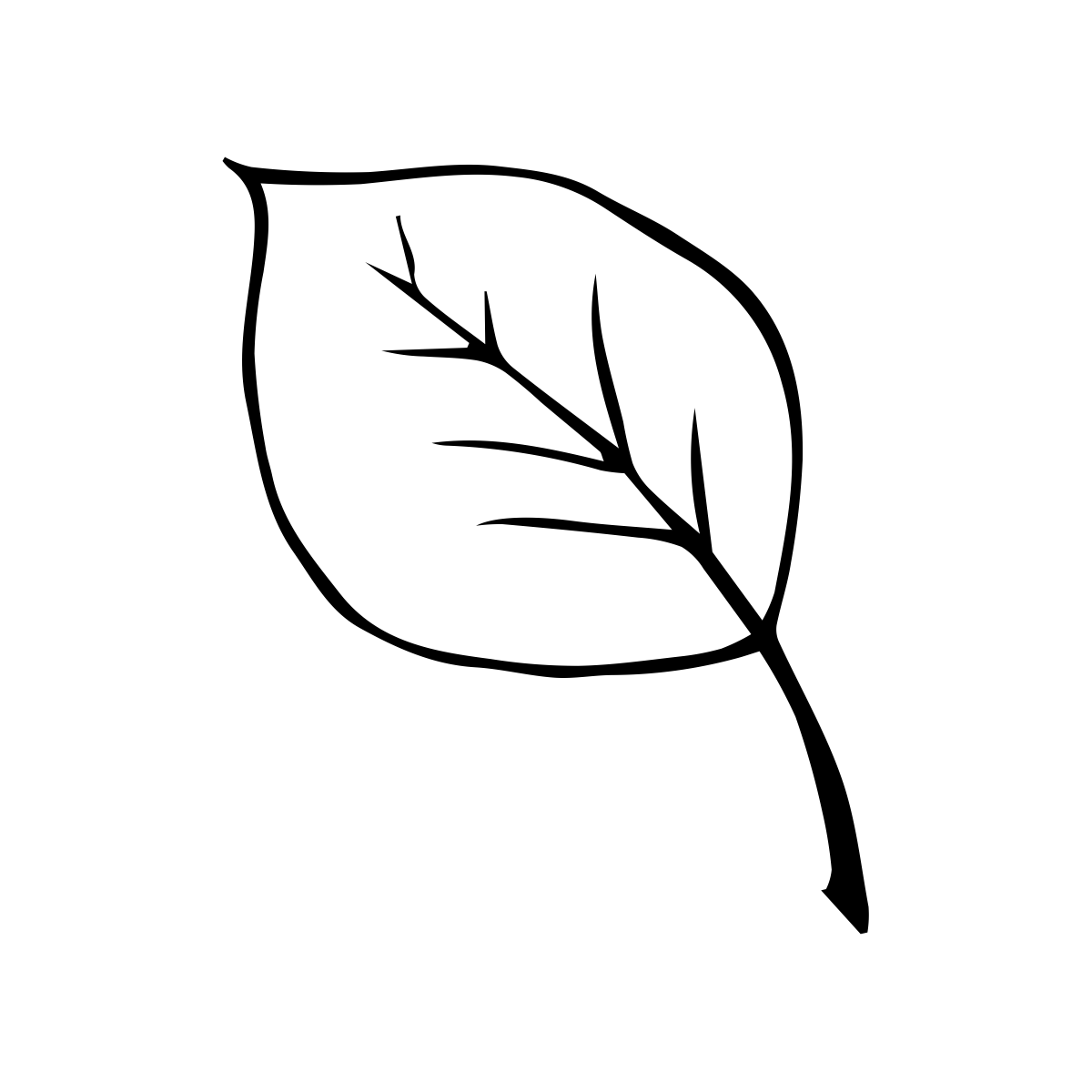
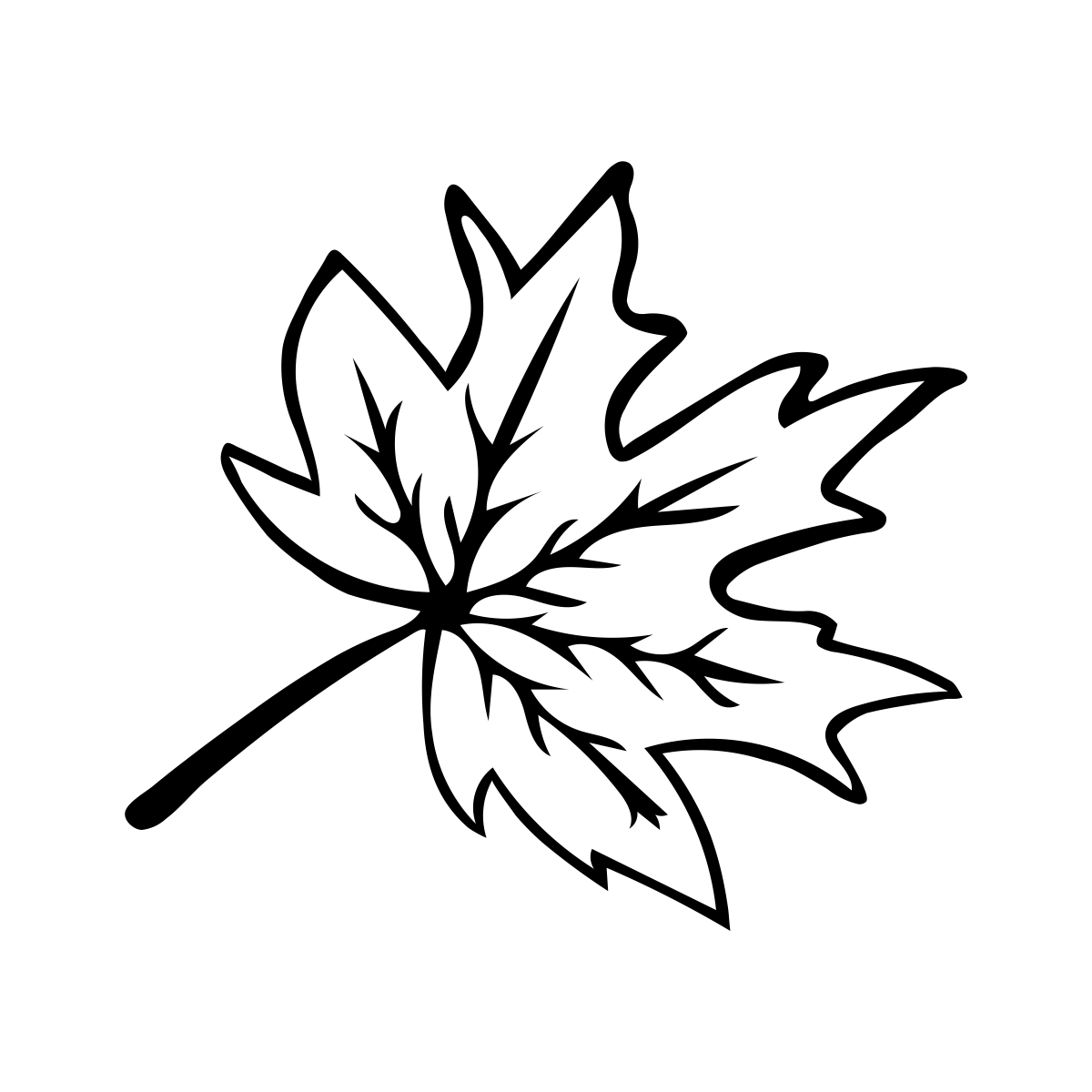
A brief side trip: Despite my ardent literary devotion, this is the first time I’ve had a library card since I was a nerdy wee member of the Garrison Public Library in my North Dakota hometown. (As a teenager, I made the thirty-mile drive into town with my former fourth grade teacher to participate in the community book club. I was the youngest member by about fifty years. It was glorious.) Post-college, my textbooks jostled their way across the country in a rumpled cardboard box when I moved to Cleveland. With visions of someday building my own Beauty and the Beast-style library, I continued adding to my collection over the years.
In 2014, I read Everything That Remains and dove wholeheartedly into minimalism. My books were the last thing to be eliminated. I anticipated some sadness and residual clinging as I packed up my library-in-the-making, but there was never a trace of regret. I got a Kindle, started e-reading, and never looked back. As I started to travel, this approach made even more sense, and I loved the ease of looking up highlighted passages when I needed a dose of inspiration.
For some reason, the library fairies sprinkled their heady book dust over me when I moved to New Zealand. As soon as I took care of the most urgent matters like deciphering what Kiwis are saying half the time and figuring out where to buy LaCroix, I made tracks for my local branch.
If I look a few layers down, I think there is part of me that is seeking to bury roots in every patch of soil I can here. After a couple nomadic years, I’m ready for everything that smacks of home, of permanence: deep friendships, a garden, a familiar coffee shop, and the ultimate I-live-here status symbol - a library card. I still read on my Kindle (especially good non-fiction that I want to highlight and keep for reference) but it’s been a delight to rediscover the sensory joy of holding a book, dog-earing a page to revisit a passage that made me catch my breath, and wandering the stacks on a Sunday afternoon. Quite a magical place, the library.




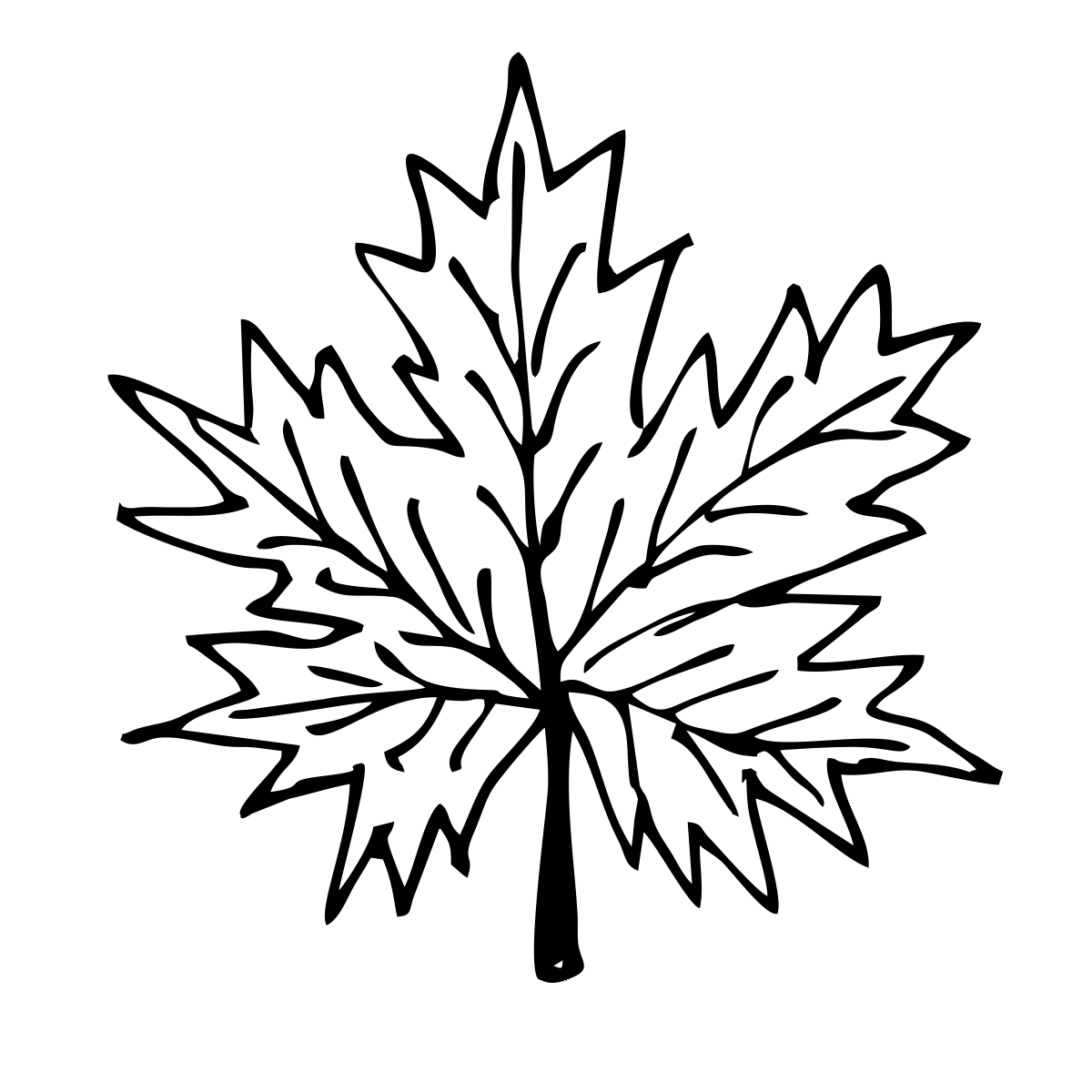
Two other books I enjoyed thoroughly this month:
- Bird by Bird, Anne Lamott’s lovely and pithy book of wisdom for writers (and humans of all sorts).
- The Signature of All Things, a novel by Elizabeth Gilbert. Charming, vivid, and everything I love about historical fiction.
A thing I did to be a better human: Led a workshop on the science of women's happiness

A lovely, radiant friend of mine* in the States started the Women’s Global Happiness Day movement with a mission to shine a light on the steadily declining rates of women’s happiness. For the last several decades, men have been getting progressively happier and women have been getting progressively unhappier. A little curious, right? These events were designed to serve as beacons of awareness, with a sprinkling of sisterhood and positive psychology.
*I met Carin when I rented her condo in Shaker Heights as she was leaving her corporate job to study and teach positive psychology. A few years later, I left my corporate job to study and teach positive psychology. Funny how that works.
This seedling of an idea turned into over 80 events held worldwide on all six continents, and it was an honor to facilitate the Kiwi event and make New Zealand part of the tally. We meditated, ate good food, learned some science, told stories, and paid each other compliments. All of it was beautiful and necessary.
After hugs were exchanged, the music was off, and the food was packed up, I tucked myself in the corner of a coffee shop to reflect. I remembered the doubts that crept in when I first agreed to run an event. “What am I doing? I don’t know the first thing about teaching women,” I thought. (Other than being one, that is.) But I realized this:
So many of the models for happiness in my life are women. They're the ones who have found little green shoots of gratitude in places no one else thought to look; who have always known when and why and how to gather people together to celebrate and to grieve; who sought (and found) deep meaning in the familiar rhythms of everyday life.
One of my favorite quotes is this stunningly simple line from Rumi:
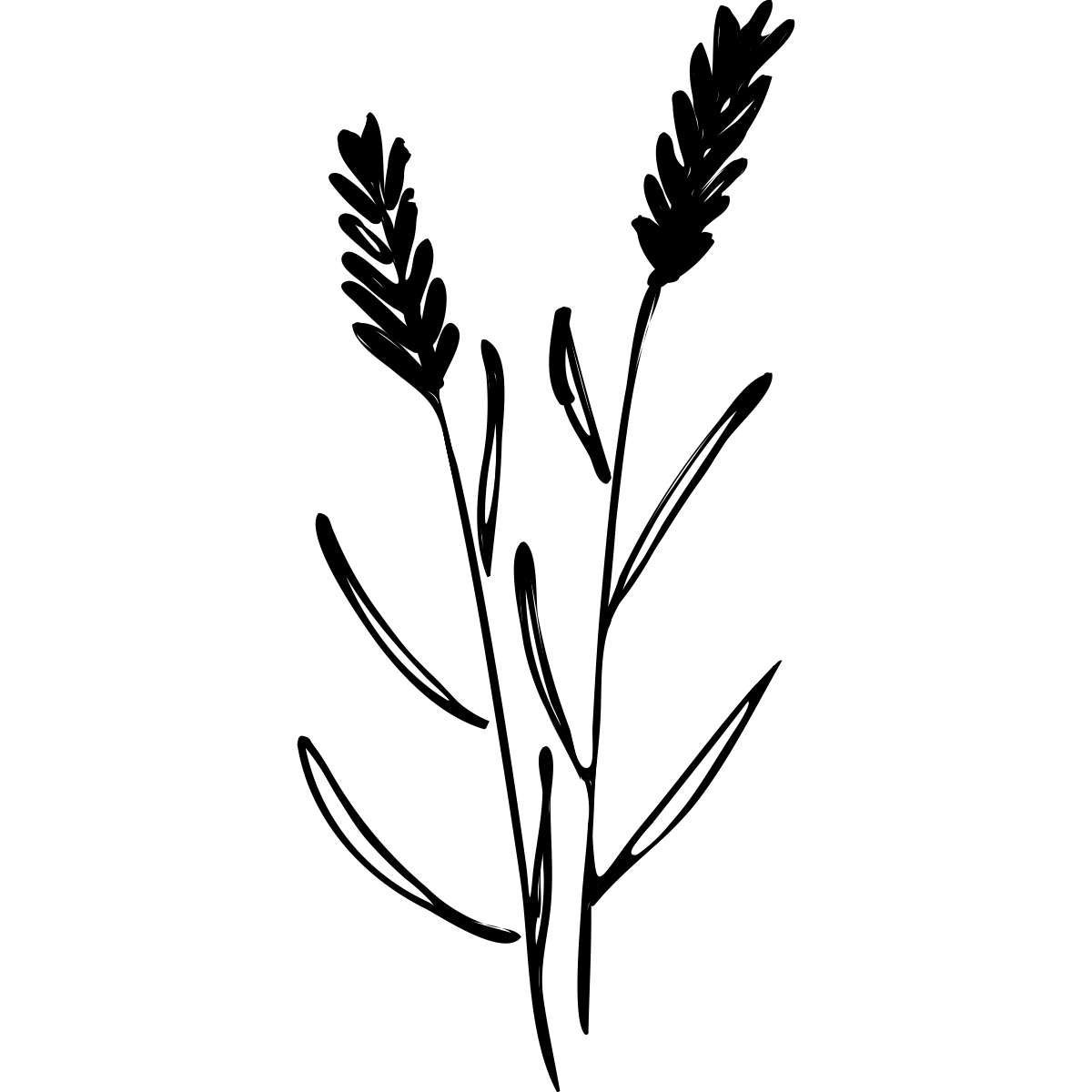
"Open your hands if you want to be held."
I think no matter how much we - as humans and especially as women - hide behind our strength and independence, we all need to be held now and then. It might come in the form of a cup of coffee at the kitchen table or an offer to hold the baby or a long, squeezy hug. Whatever it looks like, there is always a certain love-wrapped recognition that says, "Oh my word, isn't this hard sometimes?"
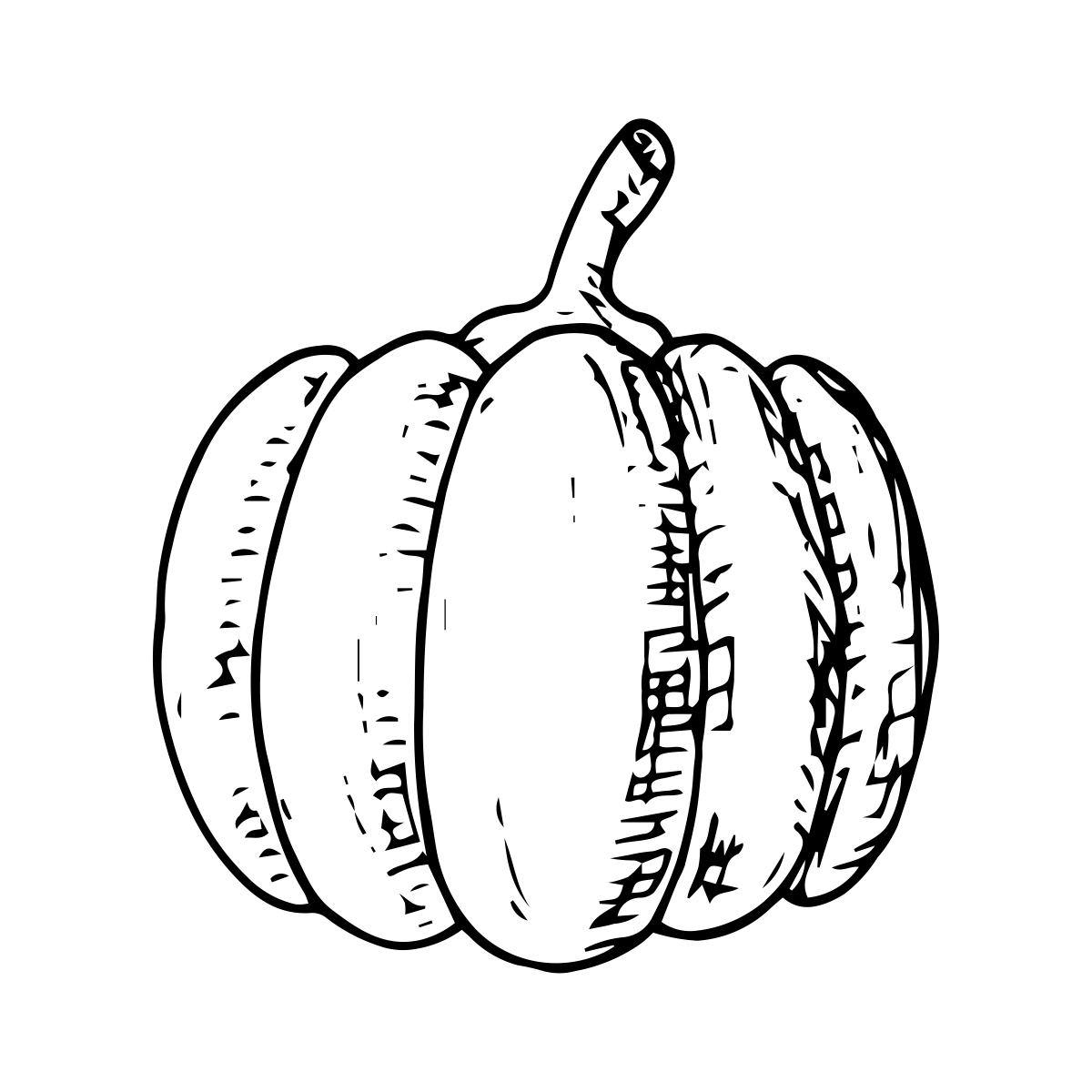
There's a mighty long list of Things I Don't Have Figured Out, like how to properly poach an egg, or how anyone but an octopus can properly blow dry their own hair. (A few serious things too.) But this I do know: We matter deeply and infinitely. We're all in this together. We only get one chance to really make it count - at least on this particular planet, in this particular life. Happiness is not a guarantee, but we certainly have the right to chase it down the alley. We may as well chase it together.

A thing I learned: "The clearest way into the Universe is through a forest wilderness." -John Muir

I realized as I was writing this post that “a thing I learned” is usually “a thing I RE-learned.” The certain power of nature has been evident to me since I was a kid, seeking solitude in the woods and ponds around my house. There was a hiding place I carved out for myself in the cattails on the banks where it was just me, the ducks, and God, at peace with the world. I escaped there whenever I could, all my sorrows and deep thoughts pouring into that space. Based on the journals of my teenage years, this included everything from “Will Dad let me go to prom?” to “Am I really a good person?” The latter question is one I’ve never really stopped thinking about. (The first one turned out not to matter nearly as much as I thought.)
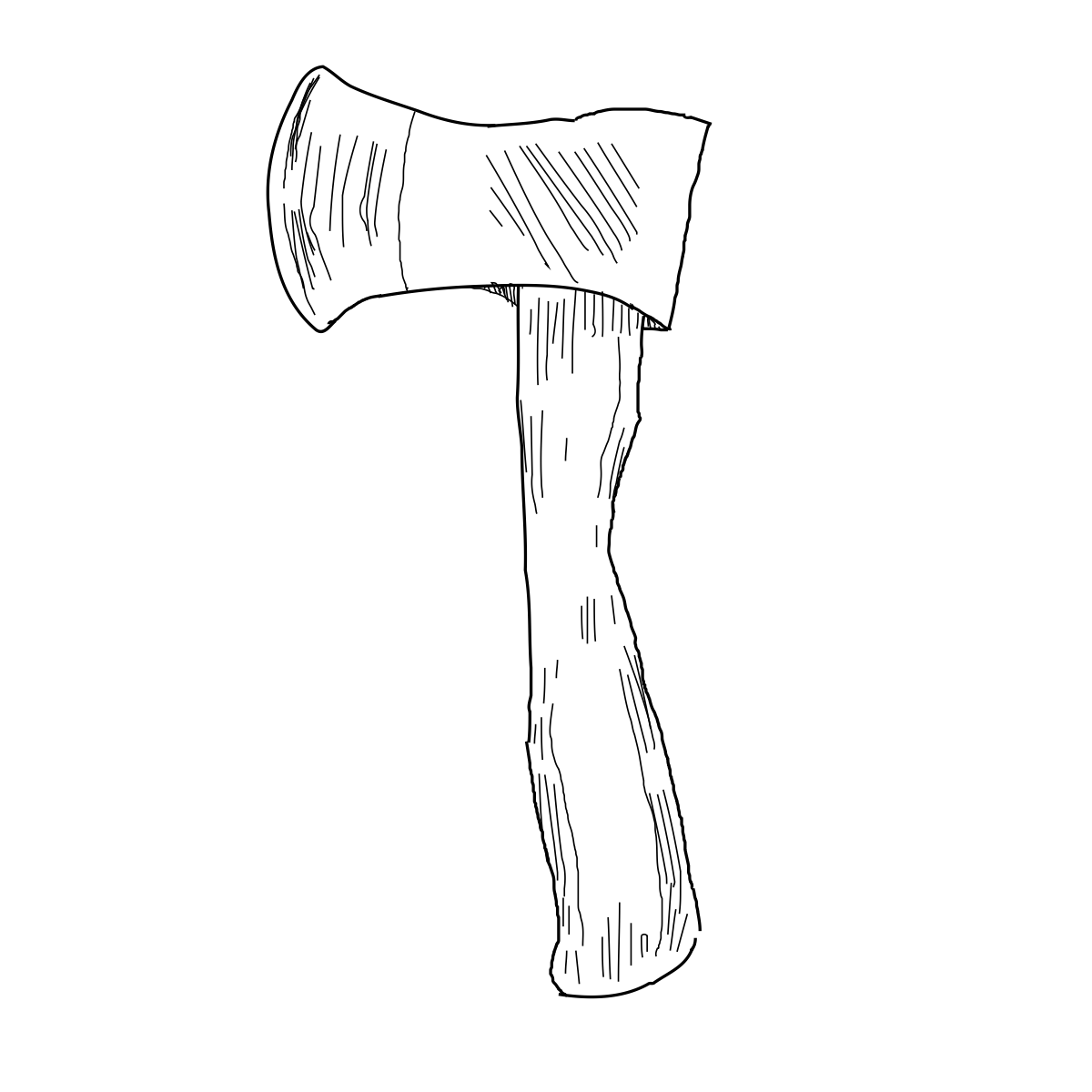
Since moving to New Zealand, I’ve spent more time in nature than I have since childhood. It’s one of many reasons I feel like I’m settling into the most contented period of my life and getting closer and closer to the center of who I really am – and perhaps what I was meant for. I’ve gotten lost in the woods (so far only metaphorically) three times this month: in Akaroa for my quarterly self-evaluation, where I stayed in the most amazing treehouse; on a new moon retreat with my dear friend Stephanie; and out to Godley Head for a solo camping trek. Every experience has brought a softening, a revelation – a tiptoe closer to the deep knowingness that sits within all of us.

Nature is loved by what is best in us.
Ralph Waldo Emerson
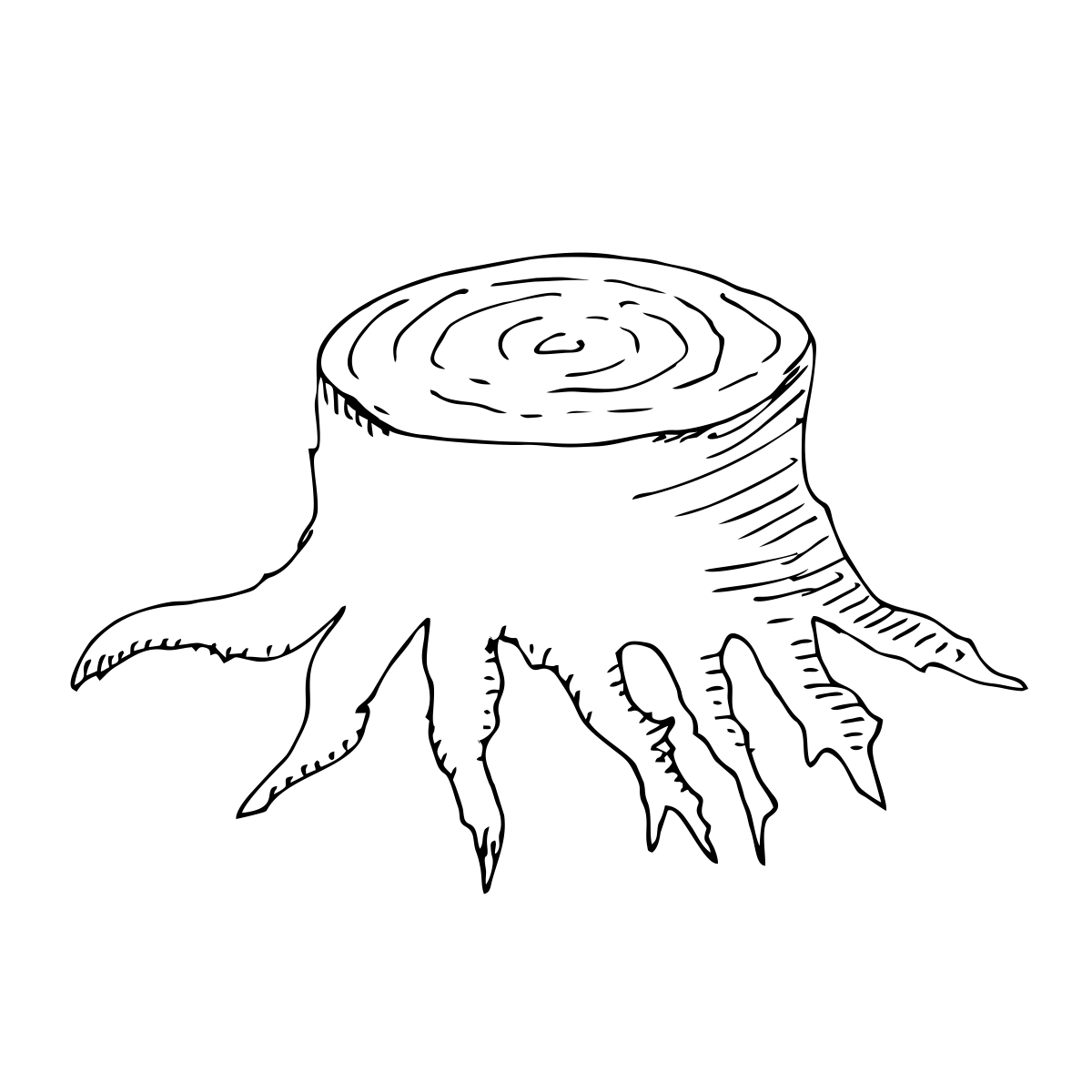



A thing for me to ponder: What do I know for sure?
Two of my little side projects planted this question.
- First, I’m working on writing a spiritual manifesto, a compendium of everything I’ve come to believe about this world and our place in it. I know what I believe – but what do I know for sure?
- Second, I am trying to create some order from all the book highlights and summaries I’ve compiled over the years. I love to organize and I adore books, so this project is sheer joy.
As I sift through my own understanding – so vast and varied in topic, setting, style, and conclusion – the same question arose. With all this information, much of it contrasting, how do I parse out what matters most? It’s less about the origins of knowledge and the rules of logic than about cultivating inner certainty. What do I know, deep in my bones, at the center of my soul, to be true for me? This may turn into a mini writing project in November, but for right now – it’s just the pondering.
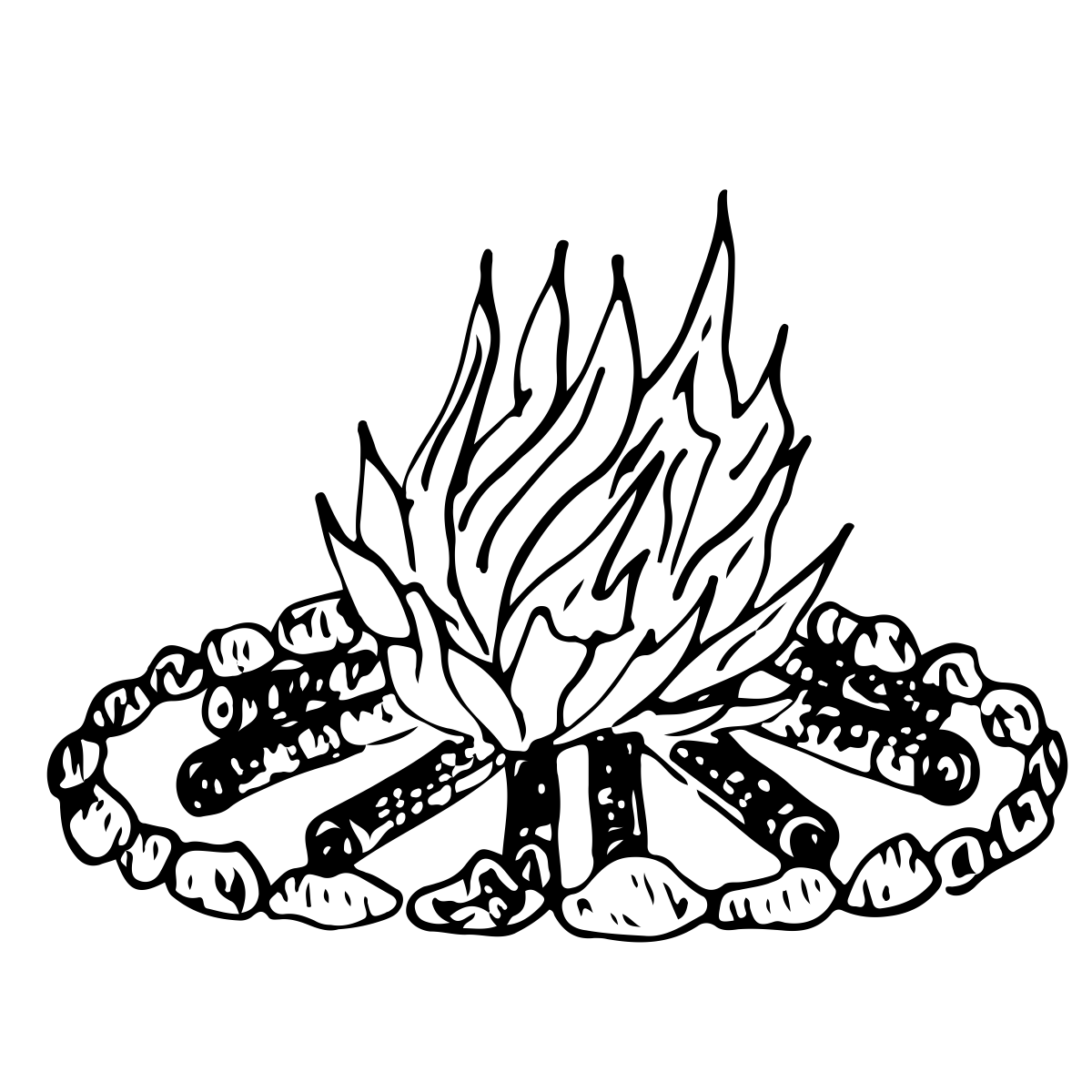
A thing to ask my Board of Advisors: What is one thing you know for sure? How did you come to know it?
When despair for the world grows in me
and I wake in the night at the least sound
in fear of what my life and my children's lives may be,
I go and lie down where the wood drake
rests in his beauty on the water, and the great heron feeds.
I come into the peace of wild things
who do not tax their lives with forethought
of grief. I come into the presence of still water.
And I feel above me the day-blind stars
waiting with their light. For a time
I rest in the grace of the world, and am free.
The Peace of Wild Things by Wendell Berry
